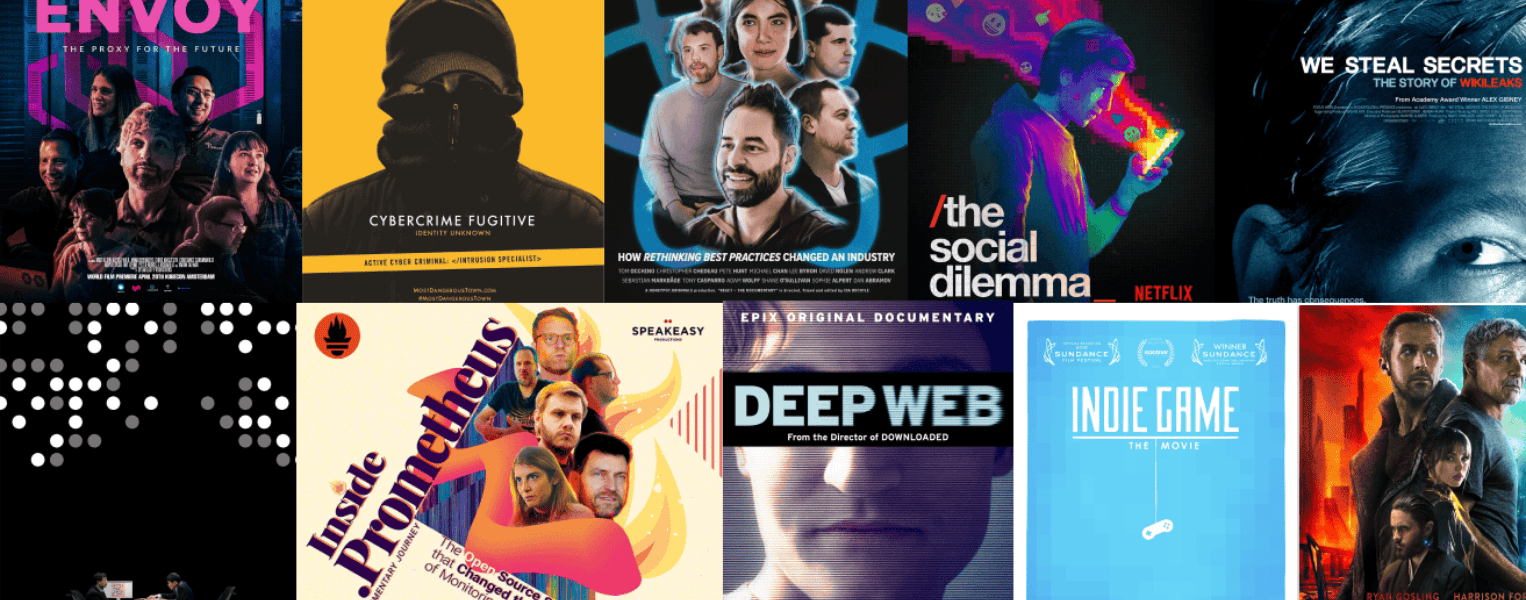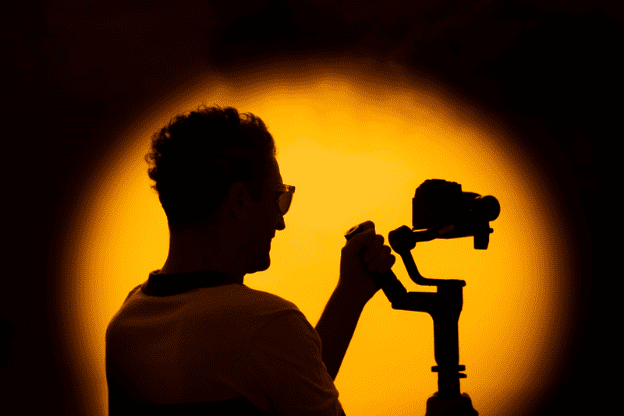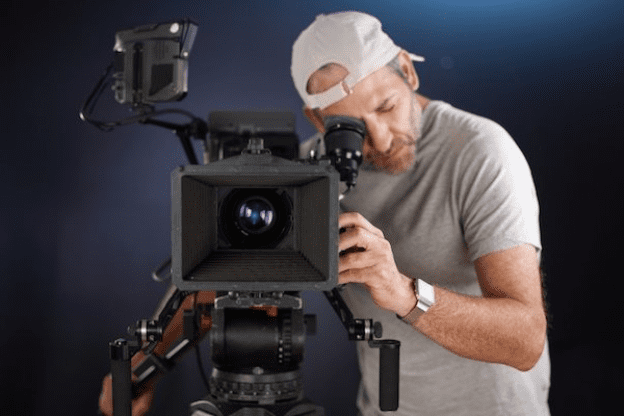
Documentary filmmaking is an art form that has the power to captivate audiences by presenting real-life stories with honesty and authenticity. As the popularity of documentaries continues to rise, more aspiring filmmakers are looking for ways to hone their craft through filmmaking classes and courses at reputable filmmaking schools. In this blog, we will explore the nuances of documentary filmmaking, the importance of education in this field, and the role of a filmmaking institute in shaping future filmmakers.
| Introduction |
|---|
| Understanding Documentary Filmmaking |
| The Role of Filmmaking Classes |
| Choosing the Right Filmmaking Course |
| The Impact of Filmmaking Schools |
| The Importance of Research and Preparation |
| Ethical Considerations in Documentary Filmmaking |
| The Editing Process |
| The Role of Filmmaking Institutes |
| Building a Career in Documentary Filmmaking |
| FAQs |
| Conclusion |

Documentary filmmaking is all about telling true stories. Unlike narrative films, which rely on scripted plots and actors, documentaries focus on real people, events, and situations. This genre aims to educate, inform, and sometimes even advocate for social change. The beauty of documentary filmmaking lies in its ability to bring to light stories that might otherwise remain untold.
For those who aspire to make impactful documentaries, filmmaking classes are essential. These classes provide students with the technical skills and theoretical knowledge necessary to create compelling documentaries. Through hands-on training, students learn about the various aspects of filmmaking, such as camera work, sound recording, editing, and storytelling techniques.
Attending a filmmaking institute can make a significant difference in an aspiring filmmaker's career. Not only do these institutes offer structured learning environments, but they also provide access to industry-standard equipment and software, which is crucial for producing high-quality documentaries. Moreover, students benefit from the guidance of experienced instructors who can share their insights and experiences.
Read About: - Success Stories: Inspiring Journeys of Famous Indian Kid’s Actors

When it comes to choosing a filmmaking course, there are several factors to consider. Firstly, it's important to find a course that covers all the essential aspects of documentary filmmaking. This includes pre-production planning, production techniques, and post-production editing. Additionally, aspiring filmmakers should look for courses that offer practical experience, such as opportunities to work on real projects or internships with professional filmmakers.
One excellent option for aspiring documentary filmmakers is enrolling in a film institute in Noida. Noida is home to some of the best filmmaking schools in India, offering comprehensive courses that cover everything from the basics to advanced techniques. These institutes are known for their experienced faculty, state-of-the-art facilities, and strong industry connections, making them an ideal choice for those looking to break into the world of documentary filmmaking.
Filmmaking schools play a crucial role in the development of a filmmaker's career. They provide a structured environment where students can learn and grow under the guidance of seasoned professionals. In addition to technical skills, filmmaking schools also emphasize the importance of storytelling. Documentaries rely heavily on the ability to craft engaging narratives that resonate with audiences, and good storytelling is a skill that can be honed through practice and feedback.
Moreover, attending one of the best filmmaking schools can open doors to valuable networking opportunities. Filmmaking is a collaborative industry, and building a strong network of contacts can lead to future collaborations and job opportunities. Many filmmaking schools also have partnerships with production companies and media organizations, which can be beneficial for students seeking internships or job placements after graduation.

Documentary filmmaking encompasses a wide range of styles and approaches. Some filmmakers prefer a more traditional, observational style, while others might opt for a participatory or expository approach. Understanding these different styles is an important part of a filmmaker's education, as each style has its own strengths and challenges.
Observational documentaries aim to present a "fly-on-the-wall" perspective, allowing events to unfold naturally without interference from the filmmaker. This style can be highly effective in capturing authentic moments, but it requires a keen eye for detail and patience

One of the most critical aspects of documentary filmmaking is research and preparation. Before the cameras start rolling, filmmakers need to have a deep understanding of their subject matter. This involves conducting thorough research, interviewing experts, and gathering background information. The more prepared a filmmaker is, the more effectively they can tell the story. In filmmaking classes, students learn how to conduct research and prepare for their documentaries. They are taught how to develop a clear vision for their project, create detailed shot lists, and plan their filming schedules. This level of preparation is essential for ensuring that the final documentary is both informative and engaging.
Ethics play a crucial role in documentary filmmaking. Filmmakers have a responsibility to represent their subjects truthfully and respectfully. This includes obtaining informed consent from participants, being transparent about the intentions of the film, and considering the potential impact of the documentary on those involved. Filmmaking courses often include discussions on ethics, helping students understand the importance of ethical filmmaking practices. They learn how to navigate sensitive topics, handle difficult situations, and make ethical decisions that align with the principles of documentary filmmaking.
Editing is where a documentary truly comes to life. This is the stage where filmmakers piece together their footage, add music and sound effects, and create a cohesive narrative. Editing requires a combination of technical skills and creative vision, as filmmakers must decide how to structure their story, which scenes to include, and how to maintain the pacing and flow of the documentary. Filmmaking classes and institutes provide students with the opportunity to practice their editing skills using industry-standard software. They learn how to use editing tools, create rough cuts, and refine their projects until they achieve the desired outcome. This hands-on experience is invaluable for aspiring documentary filmmakers.
Attending a filmmaking institute can be a transformative experience for aspiring documentary filmmakers. These institutes offer a supportive learning environment where students can immerse themselves in the world of filmmaking. They have access to state-of-the-art equipment, experienced instructors, and a community of like-minded individuals who share their passion for storytelling. One of the key benefits of attending a film institute in Noida is the opportunity to learn from industry professionals. Many instructors at these institutes have years of experience in the field and can provide valuable insights and guidance. Additionally, filmmaking institutes often have strong connections with the industry, which can lead to internship opportunities, job placements, and collaborations with established filmmakers.
Building a successful career in documentary filmmaking requires a combination of talent, hard work, and perseverance. Filmmaking courses and institutes provide the foundation, but it's up to the individual to continue learning, experimenting, and refining their craft. Networking is also an essential part of the process, as connections made during filmmaking classes and at institutes can lead to future opportunities. Aspiring documentary filmmakers should be proactive in seeking out projects, collaborating with others, and showcasing their work. Film festivals, online platforms, and social media are excellent avenues for gaining exposure and reaching a wider audience. It's also important to stay updated on industry trends and advancements in technology, as the field of filmmaking is constantly evolving.
Some of the best filmmaking schools for documentary filmmaking include the National Film and Television School in the UK, the New York Film Academy, and the Film and Television Institute of India (FTII). These schools offer comprehensive programs that cover all aspects of documentary filmmaking.
Attending a filmmaking institute provides structured learning, access to professional equipment, and guidance from experienced instructors. It also offers networking opportunities and hands-on experience, which are crucial for building a successful career in filmmaking.
Look for a filmmaking course that covers pre-production, production, and post-production techniques. The course should offer practical experience, opportunities for real projects, and instruction from experienced professionals.
Storytelling is essential in documentary filmmaking. A compelling narrative engages the audience and conveys the message effectively. Good storytelling skills are crucial for creating impactful documentaries.
Documentary filmmakers should represent their subjects truthfully and respectfully, obtain informed consent, be transparent about their intentions, and consider the potential impact on those involved. Ethical filmmaking practices are fundamental to maintaining the integrity of the documentary.
Film festivals, online platforms, and social media are excellent ways to gain exposure for documentary films. Networking with industry professionals and collaborating with other filmmakers can also help reach a wider audience.
Documentary filmmaking is a powerful medium for capturing the heart of true stories. Through filmmaking classes and institutes, aspiring filmmakers can gain the skills and knowledge necessary to create impactful documentaries. Choosing the right filmmaking course, understanding different styles, and adhering to ethical practices are essential components of a successful documentary filmmaking career. With dedication, creativity, and perseverance, documentary filmmakers have the potential to make a significant impact on the world through their storytelling.